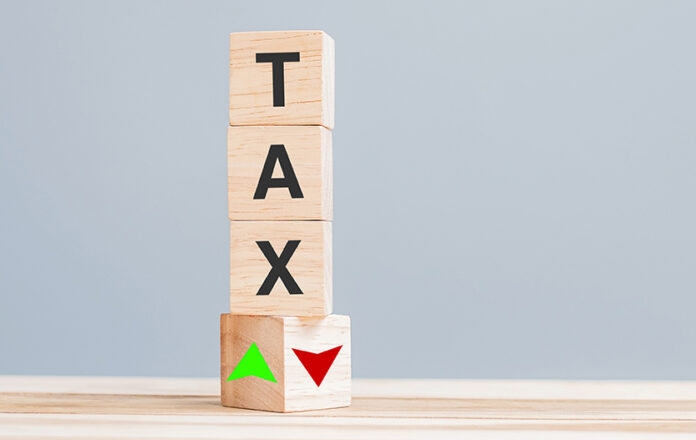Federal Board of Revenue (FBR) Chairman Rashid Mahmood Langrial has said that only 200,000 salaried individuals out of 67 million employed are paying the correct amount of tax, while many others are either under-filing or avoiding their fair share.
The FBR chief said that out of 67 million employed or job-seeking individuals, the top one percent of earners, estimated at 670,000 individuals, should contribute significantly to income tax. If accurately taxed, the potential revenue from these individuals could amount to Rs1.7 trillion.
During his visit to the Lahore Chamber of Commerce and Industry (LCCI), he agreed with the LCCI President Mian Abuzar Shad that sales tax, corporate tax, and income tax rates in Pakistan should be reduced. However, he added that such reductions are only possible when the taxation system effectively captures revenue from all segments of the economy.
Langrial said that Pakistan’s current tax-to-GDP ratio stands at 10.3 percent, which is below the required level and must be increased to 14 percent to stabilize the economy. He underscored that the sales tax-to-GDP ratio is just three percent, whereas it should be at least five percent.
He said that the FBR has introduced a Transformation Plan to enhance efficiency. “With government support, the FBR is undergoing reforms and restructuring, and soon it will emerge as a significantly improved institution,” he added.
The FBR chairman also highlighted the positive developments, such as an increase in formal imports in November and the reorganization of the Customs Enforcement Wing. He said that in the past, around Rs 35 billion in tax refunds were issued annually for fast-track cases but in the current month alone, refunds worth Rs 70 billion have been disbursed.
LCCI President Mian Abuzar Shad said that the business community is willing to pay taxes but overly complex tax system is a major obstacle to expanding the tax net. He expressed concerns over issues like frequent audits, the FBR’s access to bank accounts and surcharges, which discourage businesses from formalizing their operations.
Shad presented data highlighting the FBR’s collection in the fiscal year 2023-24, which stood at Rs 9,311 billion. He said that direct Taxes were Rs 4,530 billion, Customs Duty Rs 1,104 billion, Sales Tax Rs 3,098 billion and Federal Excise Duty (FED) Rs 577 billion.
He said that despite the business community’s significant contribution to tax revenue, the targets for the current fiscal year set at Rs 12,970 billion appear unrealistic. The breakdown of these targets includes Rs 5,512 billion in direct taxes, Rs 1,591 billion in customs duty, Rs 4,919 billion in sales tax and Rs 948 billion in FED.
LCCI president suggested simplifying the tax regime and promoting awareness about the benefits of entering the tax net. He urged the government to ensure policy consistency to foster confidence among businesses and improve economic conditions.
Senior Vice President Engineer Khalid Usman added that Pakistan’s tax-to-GDP ratio remains low compared to regional economies. He stressed that many potential taxpayers remain outside the system despite the government having access to their financial details, including bank balances, property ownership, vehicle registration, foreign travel records, income and expenditure patterns.
Vice President Shahid Nazir Chaudhry said that according to NEPRA’s “State of Industry Report,” there are over four million commercial electricity meters in Pakistan. He emphasized that the government could use this data to identify and include non-registered individuals in the tax net.
Mian Abuzar Shad urged the FBR to expedite pending refund cases to improve liquidity for businesses. The LCCI office-bearers also called for action against under-invoicing in trade with China and the ongoing issue of smuggling from Afghanistan and Iran, which continues to harm local businesses.




